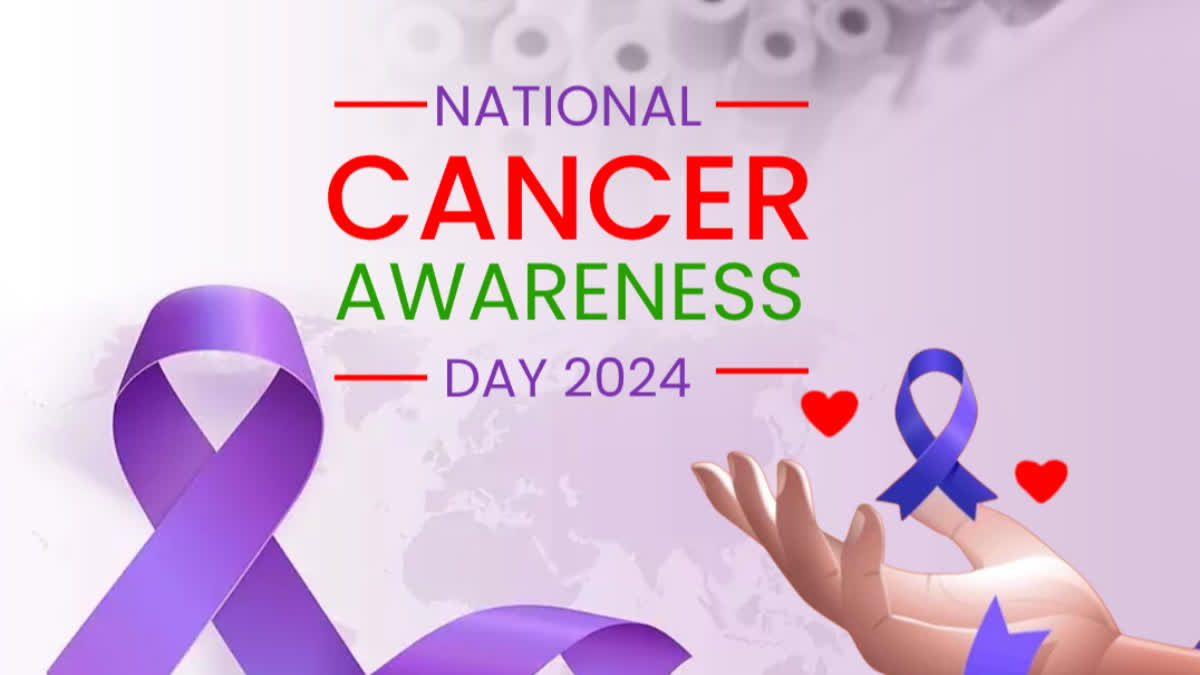Cancer cases in India have risen to an estimated 1.49 million in 2023 according to the National Cancer Registry Programme (NCRP) by the Indian Council of Medical Research. NCRP also ranks India the highest in the world for breast cancer deaths. Reportedly, 98,337 women lost their lives to breast cancer in 2022 alone.
Every year, India observes National Cancer Awareness Dayon November 7. As we mark this day, it’s worth focusing on the innovations that could redefine early cancer detection and save countless lives. Among these breakthroughs is liquid biopsy, a promising diagnostic technology poised to transform the way we identify cancer. Unlike traditional biopsies, which can be painful and invasive, liquid biopsy offers a gentler yet powerful alternative, using a simple blood sample to reveal early signs of cancer across multiple organs.
What Is National Cancer Awareness Day?
National Cancer Awareness Day is observed in many countries, but in India, it was officially designated by the Ministry of Health and Family Welfare on November 7 from 2014 onwards. This day is dedicated to educating the public about cancer prevention, early detection, and treatment. Given the rising prevalence of cancer in India, the importance of this day cannot be overstated. Experts stress that lifestyle habits are increasingly linked to cancer risks, underscoring the need for early detection. Today, medical advancements are reshaping the field of cancer diagnostics, and one such groundbreaking technology is liquid biopsy.
Traditionally, cancer detection required invasive tissue biopsies that are often painful and complex in order to obtain affected tissue samples. However, healthtech innovation liquid biopsy bypasses this need by analyzing a simple blood sample to identify the presence of cancer cells. This non-invasive method is not only safer but also provides quicker results, offering a promising alternative for early diagnosis and management.
What Is Liquid Biopsy?
Dr. Ajay Bapna, Director of Medical Oncology at Bhagwan Mahaveer Cancer Hospital and Research Centre in Jaipur, says, “Liquid biopsy detects tiny fragments of DNA from cancer cells circulating in the blood, identifying tumours with less risk and discomfort for the patient.”
In traditional biopsy procedures, physicians collect tissue samples from suspected areas, which often involves surgery and can be painful and risky. Liquid biopsy, in contrast, uses a simple blood sample to detect circulating tumor DNA (ctDNA)—fragments of genetic material released when cancer cells die and enter the bloodstream. By analyzing ctDNA, doctors can identify not only the presence of a tumour but also the specific type and stage of cancer. This innovation reduces the need for invasive procedures and allows for quicker and safer testing.
Says Dr. Bapna, “Liquid biopsy is a breakthrough. It’s minimally invasive and suitable for early detection, especially in cases where traditional biopsies are challenging.” Patients benefit as well, experiencing less pain and anxiety with this method, while doctors can monitor cancer progression or remission more easily after treatment.
